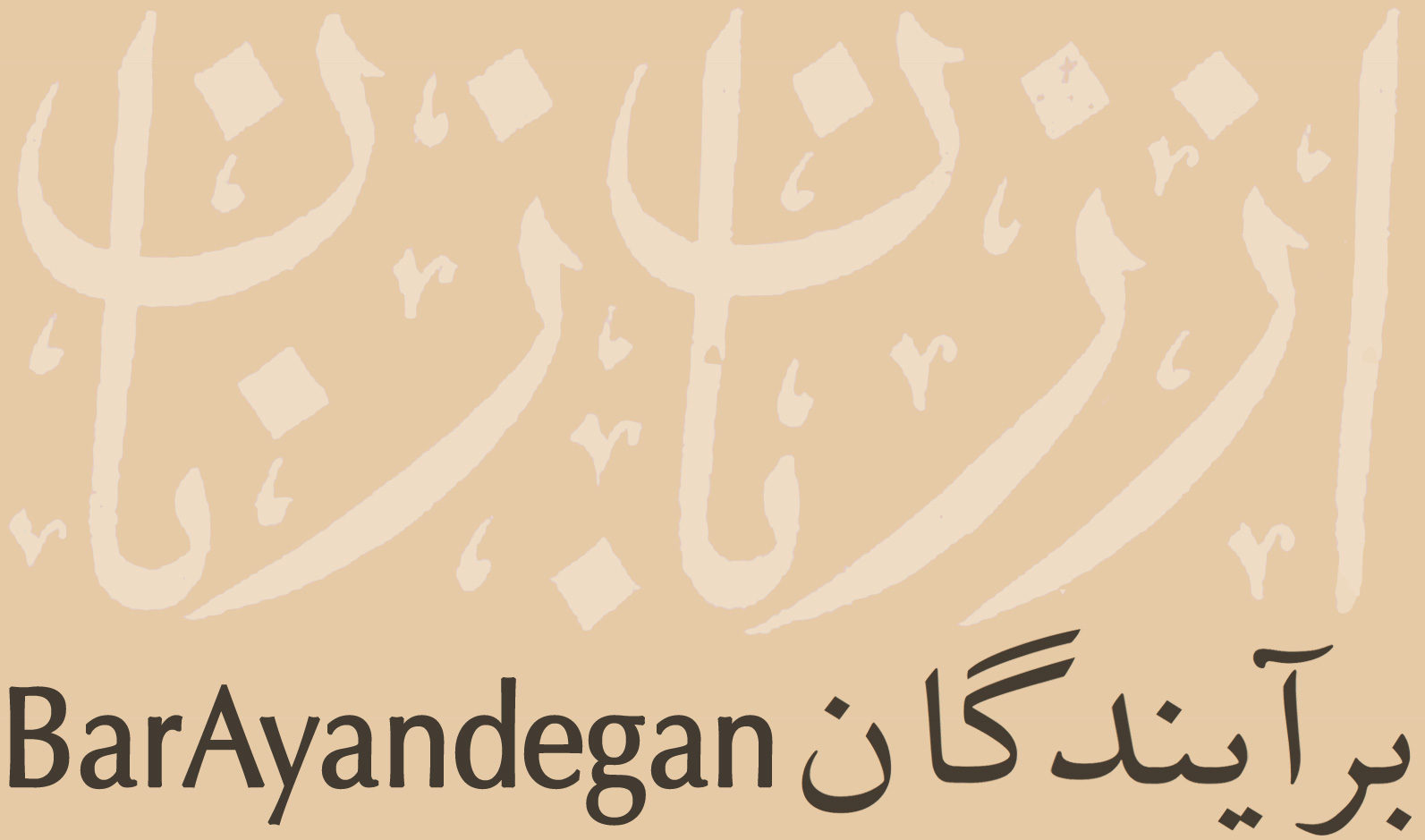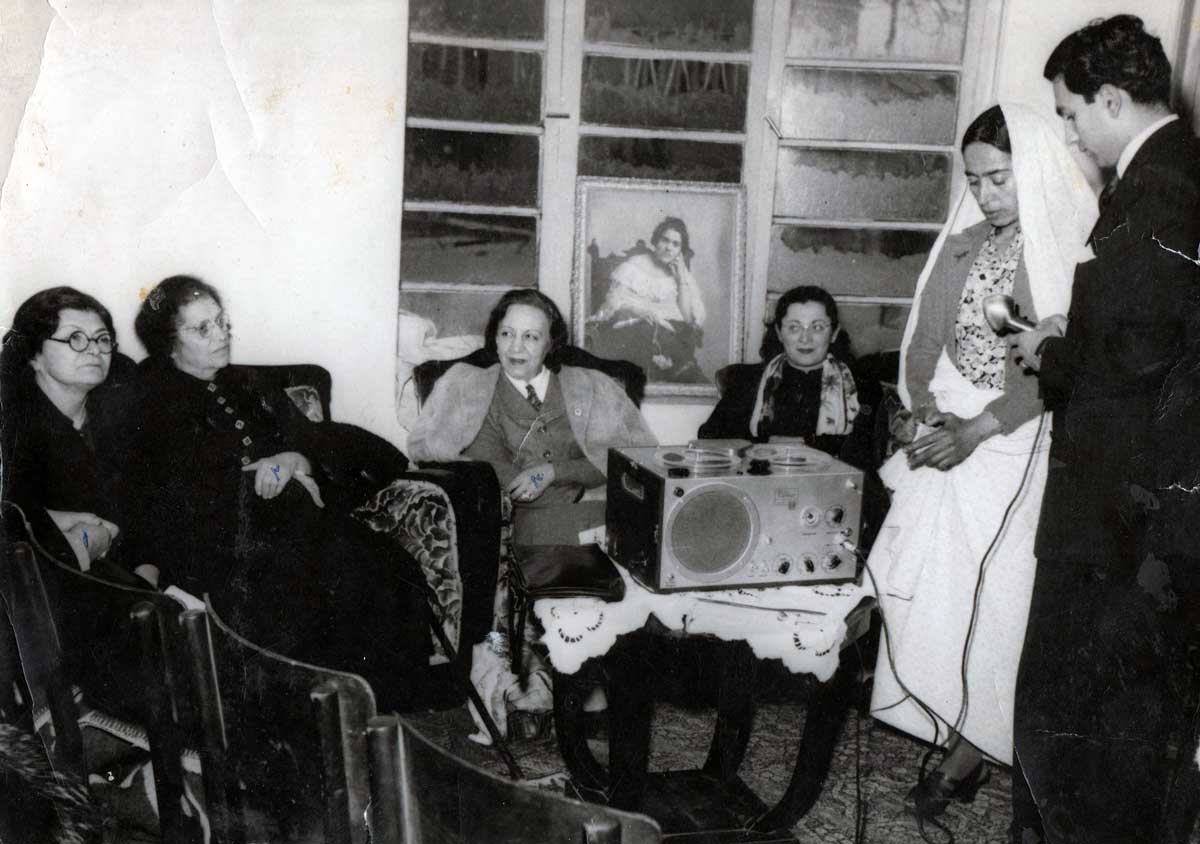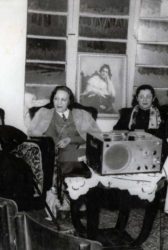Goal
This project’s goal is to portray women’s presence in different spaces outside the house and in it. We hope to understand and document their effects in private and public spheres. We want to hear from older women in our family, work and social circles about their dreams, challenges, observations and achievements. We want to record their personal experience and life stories. We want to have a intimate conversations with them, without any preconceptions about their knowledge or abilities, and with deep respect for their roles in history.
Methodologies
One of the project’s methodologies – and, at the same time, its most important outcome – is the establishing of inter-generational dialogues through personal interviews to be podcasted.
Another methodology of the project is to collect and archive images that document women’s presence in public and private spheres. We hope to conduct the bulk of the interviews and collect the images during 2018.
Significance
From early 1900s, irrespective of their social and economic standing, religious and political belongings, and level of education, women, through their presence and unprecedented participation in arenas of learning, work, politics and culture, were a primary factor in political and identity changes that shaped in contemporary Iran. However, existing research and discourse do not provide a precise and detailed account of their lives. Their presence in histories of the first half of the twentieth century is faint or discounted, first-hand accounts by them are very few, and the existing accounts have limited focus or are overly generalized.
The political and cultural changes after the 1979 Revolution effected deep changes and fractures in the day-to-day life and forms of social participation of many women. Also, after the revolution, the dominant discourse about women and their social role changed fundamentally. These changes and discontinuities resulted in limiting and partial fading of our collective memories about women’s challenges and their achievements in the previous periods.


